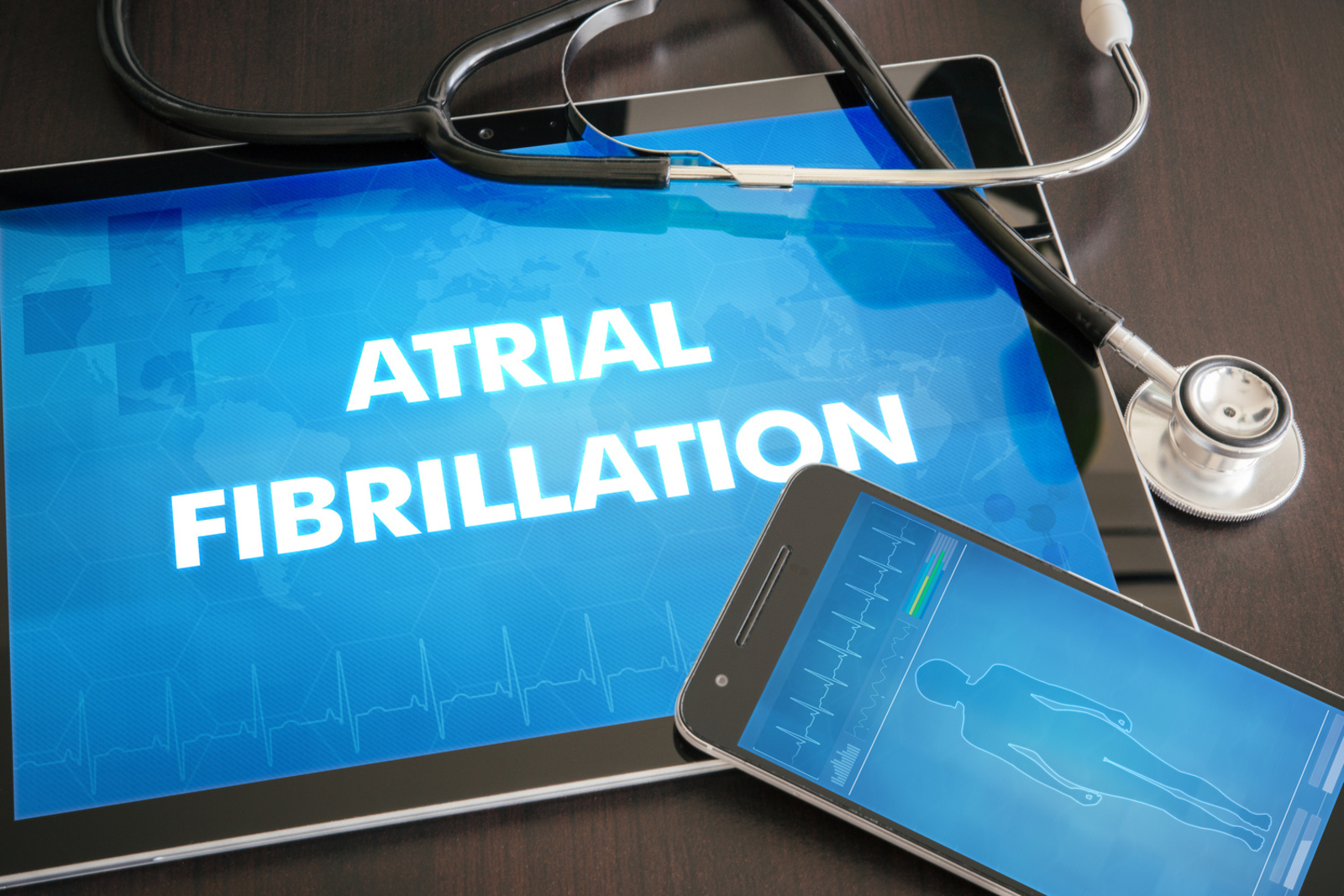
7 Causes Of Afib
Afib, or atrial fibrillation, is a type of arrhythmia that causes an extremely fast, irregular heartbeat. The complications of this condition can be dire, as the atria can become out of sync with the ventricles, leading to a pooling of blood in the heart’s chambers and potentially causing a blood clot, stroke, or heart failure. Afib can occur occasionally, but in some it is constant. Many opt for Afib monitors or ECGs to track heart rate and detect any irregular rhythms, warning you before an Afib episode. There are several risk factors for Afib, including sleep apnea and high blood pressure, which we will dive into further:
1. Sleep apnea
It has been found that sleep apnea can directly trigger arrhythmias during sleep, as the heart experiences mechanical stress when the body constantly wakes up at night. With a lack of oxygen due to sleep apnea, startling awake happens often, thus putting significant stress on the heart and possibly resulting in Afib.
2. High blood pressure
High blood pressure accounts for your heart pumping extremely hard, and when the heart becomes pushed to its limit for long periods of time, it causes significant stress as the muscles become more stiff and thick. With this stiffness, electrical pulses can’t go through the heart as easily, potentially causing Afib.
3. Obesity
Being obese is a cause for Afib as it can increase the size of the left atrium of the heart, resulting in less effective pumping of blood. Additionally, obesity can impact the left ventricle with fat build-up around the heart, in turn impacting the normal electrical signals of the heart.
4. Alcohol use
The more alcohol you consume, the more vagus nerve activity you experience—the vagus nerve is the longest of the twelve cranial nerves in the body, and it controls internal organ functions, including heart rate. High alcohol consumption can spike the vagus nerve, potentially resulting in Afib.
5. High stress levels
During times of stress, the stress hormones that are released can cause a spike in blood pressure. High blood pressure causes the heart to work extremely hard, so if you are experiencing chronically high stress levels, this can cause Afib.
6. Age
Like many conditions, aging accounts for higher risk factors—the older you get, the higher your risk for Afib. Individuals 50 or above are at higher risk of Afib due to cardiovascular aging, higher blood pressure, and other issues.
7. Sex
Men are more likely than women to experience Afib, although it has never been fully understood why this is the case.



